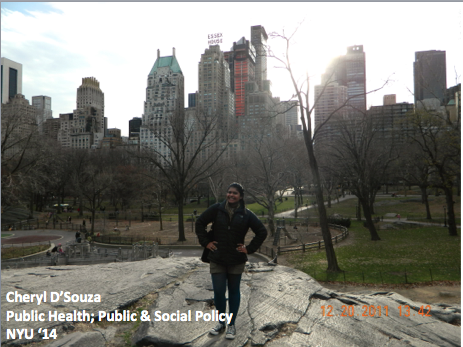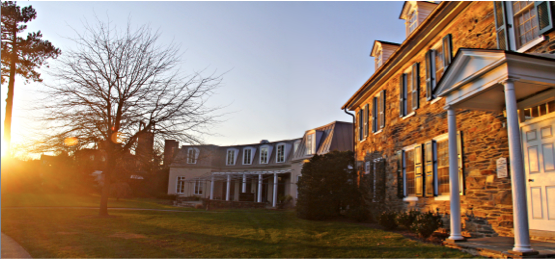“Rather than being told how and what to think about what we are reading, we are asked to reach our own conclusions through deep thinking, critical analysis, and intense discussion.”

Tell us about yourself!
Hey, Malaysian dreamers! My name is Tan Guan Tyng and I am a senior in St. John’s College in Santa Fe, New Mexico. What is my major? This is my favorite question because I have no major; my major is not ‘undecided’ but I actually have had no major during my time in college. Most people give me a confused look because, unlike most people, my academic major is not the characteristic description of myself. This is because of the system that my college has, which I shall explain later. Beyond academics, I love hiking, singing, dancing, and cooking. To me, there is nothing like going to blues dancing on weekends, after a whole week of immersing in the world of great books by awesome authors.
What about your US education do you value most?
I really value the fact that people from the United States are generally respectful of who I am, who I want to be, and what I want achieve, regardless of where I am from.

Why did you choose to study in the US? What does the “liberal arts” mean to you?
First of all, I would like to clarify that I did not come to study in United States because of the United States itself. I chose the United States because of the unique liberal arts education offered by St. John’s College.
In classical antiquity the study of liberal arts was considered essential for a person to take an active part in the civilized world. I was intrigued by this – I have always wanted to be an individual who thinks, reads, speaks and writes, not motivated by the interpretation of textbook writers, but by the authors who originated the ideas themselves. For example, Plato, Einstein, Euclid, Kant, Augustine, Galileo, Mozart, etc. are the authors that pioneered the most fundamental ideas that this world is built on.
St. John’s has a unique approach to the liberal arts, It has a distinctive program where we read and explore a common body of works that are timeless, and therefore timely, from different disciplines – mathematics, science, philosophy, psychology, language, history, political science, economics, theology, etc (you name it!). One thing that I learned is that many of these authors did not devote their works to matters of a particular discipline, but their works often touched multiple disciplines. The college’s coeducational community, free of religious affiliation, takes an opened-minded approach to ideas of all kinds. Rather than being told how and what to think about what we are reading, we are asked to reach our own conclusions through deep thinking, critical analysis, and intense discussion.
Another distinctive aspect about the liberal arts at St. John’s is the low emphasis on structured assessments. We do not talk too much about grades and we do not take any exams to measure how well we do academically. We are all evaluated by the professors for our class contribution and our essays. So, instead of being bogged down by the grades, we are more interested in learning itself rather than learning for the sake for getting good grades. And of course, we are not just a bunch of nerds who just merely care about answering the hard fundamental questions.
How has US education changed you as a person?
I think it has broadened my perspective towards life. It has given me a great opportunity to grow as an individual as the United States places individual growth as a high priority, unlike other cultures of other countries.
A piece of advise you would give to someone looking to further his/her studies abroad.

Just by being on this website, I believe that you are at least considering going out of your comfort zone (Malaysia) to pursue the best education that you could ever have. While an overseas education does not necessitate your success in life, I will mention that the opportunity has helped me grow to be a young, independent adult.
Regardless of where you choose to study, the most important thing is that you are making the best decision that will put you on track towards your life goals. Be thorough in doing research when you are selecting colleges/universities so that you will not regret your final decision in the end.
Any last comments?
If you are someone who wants an education that helps you to prepare for your life rather than just focusing on training yourself to be a professional in one or two fields of study, feel free to request more information from me about St. John’s College. I am more than willing to help you understand more about this college to see if this is a place where you belong for your undergraduate education.




















